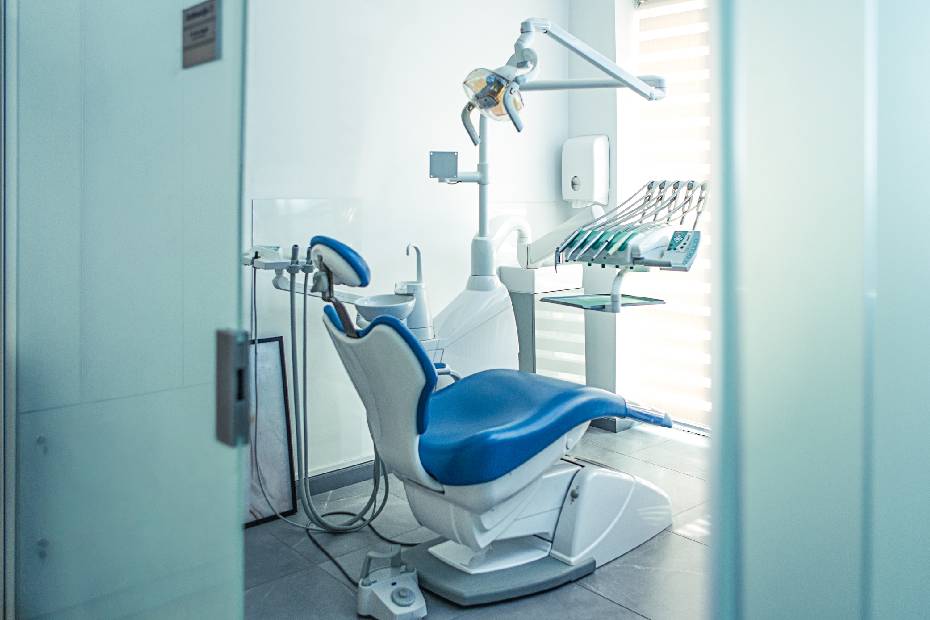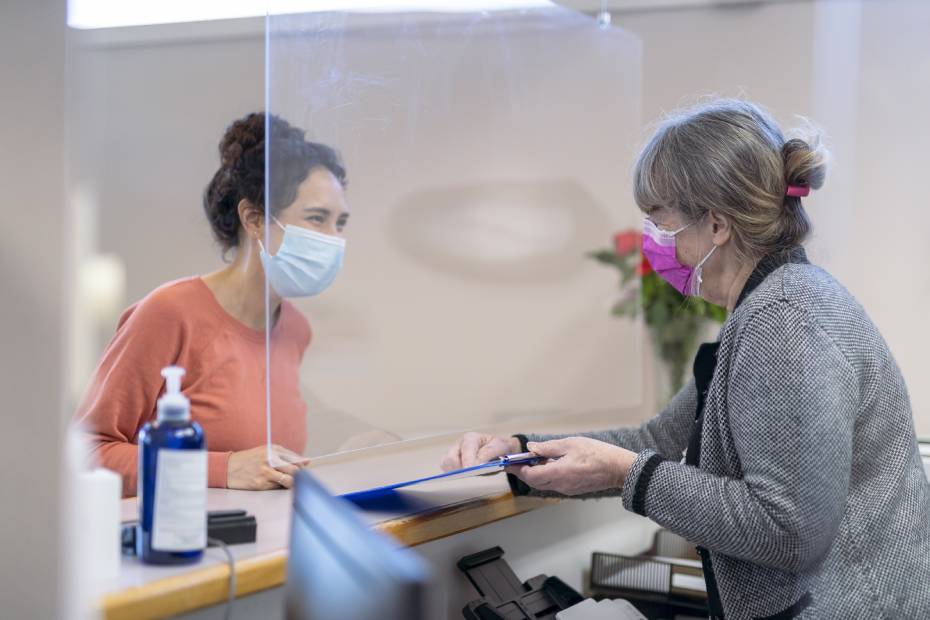Fortunately, there are digital solutions available to help, so that you can focus on what’s most important, and here are some examples.
1. Simplified Billing
Getting paid in a timely manner is a common challenge for business owners — doctors included. What’s more, medical billing is often complicated and time-consuming. And that can be especially difficult with changes like staff working remotely during COVID-19.
Medical billing software such as Dr. Bill may dramatically simplify your billing. Not only can you easily add patients and submit claims online in as little as 30 seconds, you can also get help managing any claims that need follow-up. Their billing experts review and resubmit rejections and provide support via chat, email and phone. You can cut out the pain of manual data entry, and track your claims online to see what was paid, rejected and recovered.
2. Virtual Patient Visits
Shifting some of the clinic time to a virtual environment is a new way to work for many physicians. Not only does it allow physicians to provide care anywhere with mobile, tablet, or desktop access, it also provides patients with the choice to seek medical help on their own terms — in person or remotely at their home.
But setting up a virtual clinic may not be easy for all physicians. Virtual care platforms (like Maple) can help ease that headache with simple and intuitive solution. They make the setup progress simple and the platform easy to use.
Read related story: 5 Quick Tips for Launching Your Own Virtual Clinic
3. Automated Patient Communications
Following up, reminding and prepping patients for their appointments can be challenging. During a pandemic, more measures are required, like pre-screening questionnaires to help keep both patients and staff safe.
By automating these tasks, you can free up staff and at the same time provide an exceptional personalized patient experience. Mikata Health is one example of an AI tool that automates patient communications. Through convenient, personalized text messaging, it reminds patients of upcoming appointments; screens patients for COVID-19 with its pre-appointment chat feature; instantly messages patients with updates or cancellations; and delivers personalized follow-ups post-visit.
4. Streamlined Clinic Operations
Clinics can be hectic places, as patients need to be checked in and assigned to the right rooms, while nurses and doctors have to be informed where to go. During COVID-19, coordinating an office can be even more challenging.
Apps like CHIME streamline the interactions of clinicians, staff and patients, reducing the waiting room traffic and ensuring social distancing measures. The tool lets patients know how long their wait time will be, and texts them when a room is ready so they can wait in their vehicle instead of in a waiting room. Meanwhile, staff can coordinate patients, exam rooms and physicians.
As an RBC Healthcare Advantage plan member, you can now get exclusive discounts on different Practice Solutions tools and more. Talk to one of our dedicated RBC Healthcare Specialists for more details.
This article is intended as general information only and is not to be relied upon as constituting legal, financial or other professional advice. A professional advisor should be consulted regarding your specific situation. Information presented is believed to be factual and up-to-date but we do not guarantee its accuracy and it should not be regarded as a complete analysis of the subjects discussed. All expressions of opinion reflect the judgment of the authors as of the date of publication and are subject to change. No endorsement of any third parties or their advice, opinions, information, products or services is expressly given or implied by Royal Bank of Canada or any of its affiliates.



















